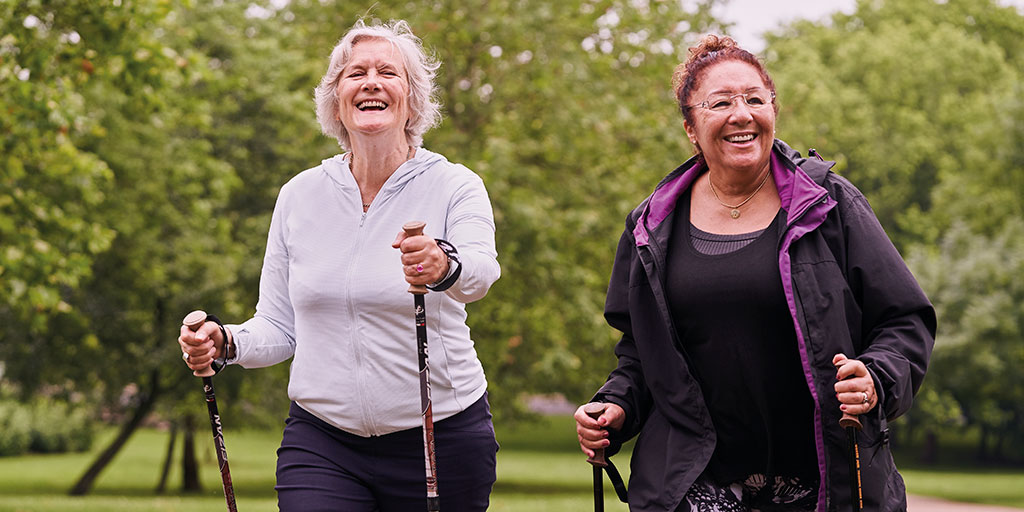Mental health and wellbeing haven’t strayed far from our minds since the start of the pandemic. As social creatures, isolating for the sake of communal safety has left us with digital interactions that feel unnatural. Worst of all, our fitness levels suffered and so has our mental health.
Around 17% of adults 16 years and above have experienced some form of depression in the summer of 2021. For children, many experienced life without the structure and social nature of school negatively. In 2021, the Move Your Mental Health Report found that more than 20 physical activities could be prescribed as a viable programme of treatment for those with depression.
Just like issues of poverty and unemployment, the pandemic has revealed and exacerbated existing problems. In the last 70 years, there have been major shifts in how British people engage in physical activity. The increase of office work has changed our interactions to largely sedentary ones. The average Brit doesn’t see physical activity as something with value to their wellbeing.
According to the National Institute for Health and Care Excellence (NICE), the recommended level of exercise for people with mild to moderate depression is around 3 sessions per week. Sessions should last 45 minutes to an hour and take place over 10 to 14 weeks. Once individuals start to feel the impact, this is where we can all get creative.
Daily regular exercise can be helpful too. Just a brisk 10-minute walk can increase your mental alertness, energy, and positive mood. If you’re prone to cyclical thinking or stressful ruts, a walk can be beneficial. Practice mindfulness too, noticing the changes in your local environment, until it becomes a regular part of your schedule.
Whilst unglamorous, simple household chores can have a real positive impact on low mood. Often when people experience depression, it’s things related to general wellbeing and self-care that begin to slip. Researchers found that whilst reading a book or watching TV are relaxing, they don’t improve your mood. Refreshing your space with time spent hoovering or tidying has shown real positive impacts on low mood.
Starting back at the gym can be a real positive too. Gyms and other fitness operators have some of the lowest contraction rates in the UK. ukactive recently found that one in 100,000 visits had positive COVID-19 results. A return to the gym or use of indoor and outdoor facilities can make a real difference to low mood. Consider a game of locally run grassroots football or tennis for real sustained changes.
Researchers in Australia for example found that women who played sports with others, such as tennis and netball had much better mental health than those who exercised alone. In fact team sports, especially in our current climate, can improve your mood by breaking that trend of social isolation.
Mindfulness meditation can help those suffering from insomnia because of depression. Allowing the mind to rest through meditation at night can break a cycle of negative thinking. Check out apps such as Headspace & Calm, for ideas on how to begin your meditation journey.
Being active is not something we should think of as an imperative, rather it should be thought of as a natural part of our day. Although it isn’t possible to solve the most serious cases of depression with a pair of running shoes. In those mild cases, being active has no end of short and long-term benefits to our mental health.



